
新时代基层党组织工作怎么做(2020年修订版)
¥2.99
本书采用篇章结构,以一问一答的形式,依据党和国家*文件精神,权威翔实地解答了基层党务工作者在党的基层组织建设、换届选举、发展党员、党员教育管理监督及其他工作中可能遇到的问题,对基层党组织工作实践具有很强的针对性和指导性,是各级地方政府和党员干部落实党建工作责任制,全面推各领域基层党建工作,扩大党组织和党的工作覆盖面,充分发挥宣传党的主张、贯彻党的决定、领导基层治理、团结动员群众、推动改革发展的读物。

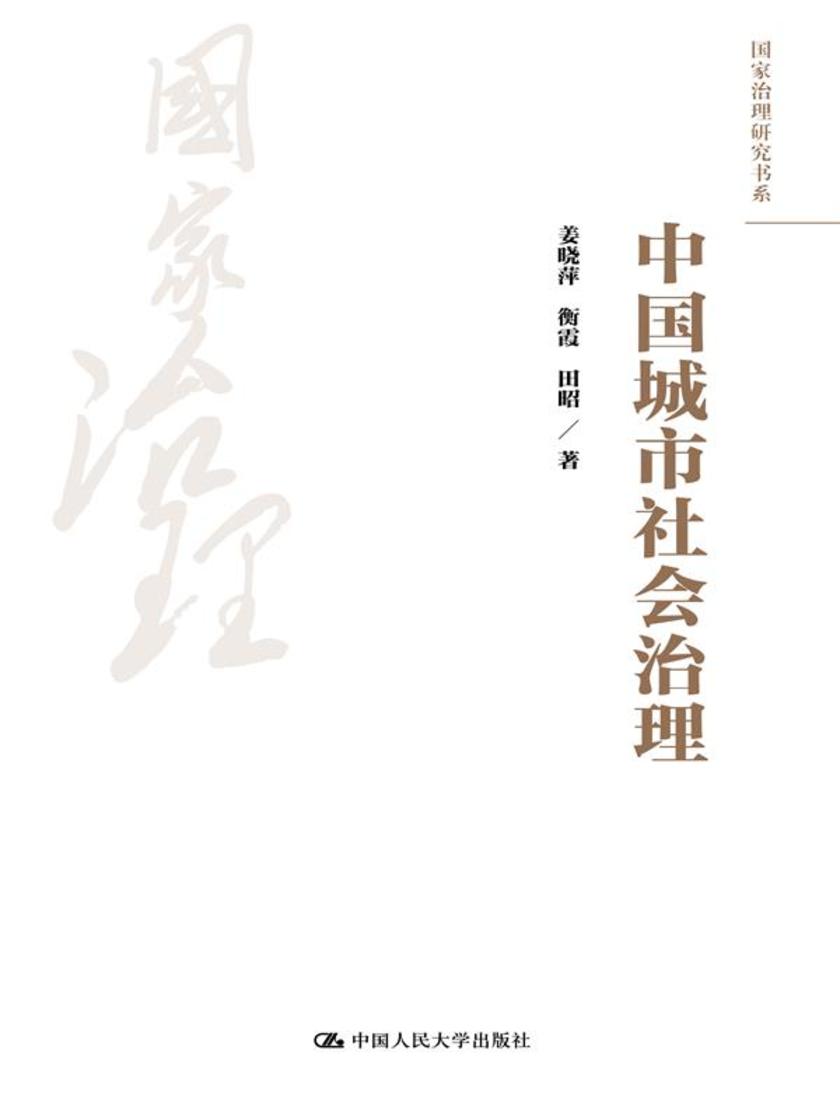
中国城市社会治理(国家治理研究书系)
¥40.80
由我国知名公共管理学者姜晓萍教授领衔撰著的《中国城市社会治理》一书,从国家治理现代化的高度出发,对中国城市社会治理问题行了深、系统的研究。全书首先对城市社会治理行理论溯源,论述了城市社会问题的历史性与现代性、世界性与中国性、农村性与城市性,以及社会治理的中国场域及其在新时代的新需求,梳理了城市社会治理的理论演逻辑,并从指导思想、基本原则、总体目标、职能定位等方面,构建了城市社会治理现代化的战略框架。在此基础上,对城市社会治理现代化中的党建引领、公共服务、社区治理三个核心问题行重论述。*后,对城市社会治理现代化的评估与监测问题展研究,并初步构建了城市社会治理现代化的评估与监测体系。 本书强调,城市社会治理要遵循党建引领、多元治理,改革创新、依法治理,尊重规律、统筹治理,以人为本、科学治理的基本原则。只有将党总揽全局、协调各方的政治优势同政府的资源整合优势、企业的市场竞争优势、社会组织的群众动员优势有机结合起来,坚持以人民为中心的治理理念,才能更好地推城市社会治理现代化。
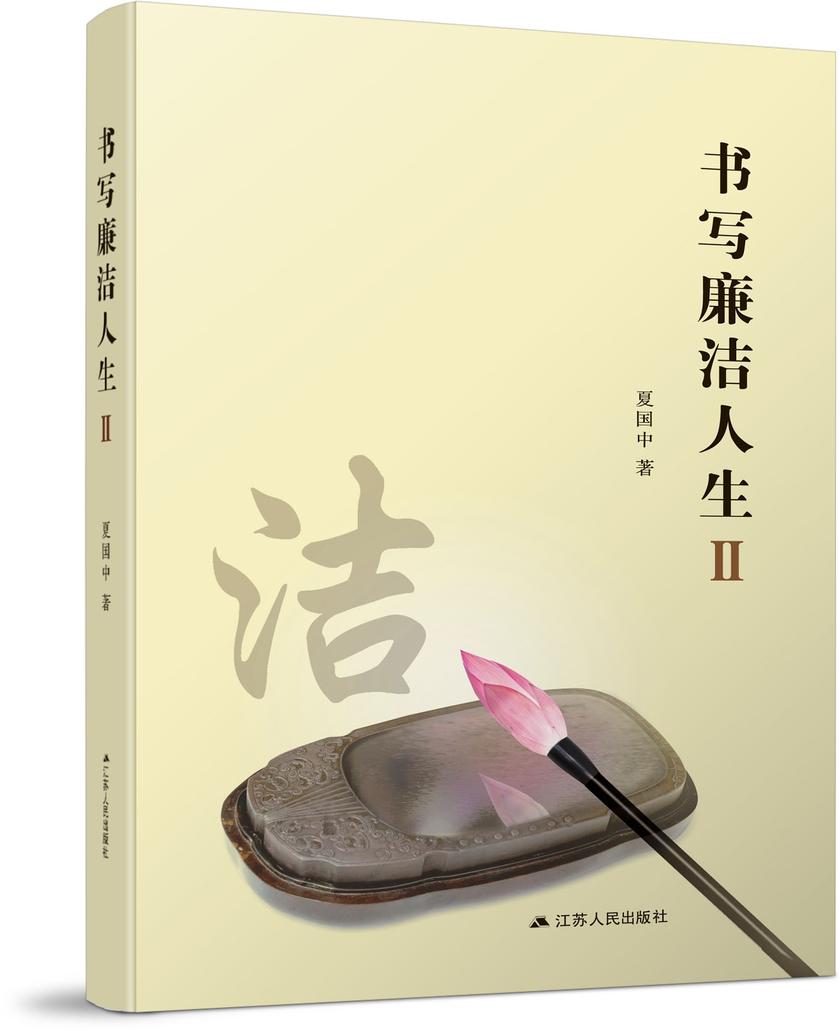
书写廉洁人生Ⅱ
¥22.66
【内容简介】 本书为《书写廉洁人生》一书的姊妹篇,是一本廉政教育读本。书中分八个板块,有阐述对全面从严治党方略认识的《一体推进“三不”》,有明确党员“必须为”和“不可为”的《立高线,守底线》,有从古人智慧中汲取营养以提升道德情操的《北宋文人的精神仰望》,有讲廉洁的《道廉》,有因通过办案发现违纪违法多与钱相关而写的《说钱》,有劝诫人们多行善事的《论善》,有鼓励年轻干部快速健康成长的《奋斗的人生有意义》《全力以赴做好工作》。书中分享了大量故事和案例,内容通俗易懂,贴近生活、贴近群众,可读性很强。本书旨在通过宣传教育,促使党员提高党性觉悟,涵养廉洁文化,真正做到“不想腐”。本书为廉政教育工作提供了很好的素材。


现代战略之父哈特爵士战争战略经典代表作
¥142.50
现代战略之父哈特爵士战争战略经典代表作,包括《战略论:间接路线》《山的那一边:被俘德国将领谈二战》《次世界大战战史》《第二次世界大战战史》 《战略论:间接路线》在西方战史研究中具有崇高地位,是军事理论的书。因为此书,李德·哈特被西方奉为“军事理论教皇”。在《战略论:间接路线》中,李德·哈特以深厚的军事理论和战史研究功底,通过分析世界历史上自希波战争到第二次世界大战的30场战争、280多次战役,得出一个结论:间接路线战略是效果、为经济的战略形式。看似远和弯曲的路线,往往才是真正的“捷径”。在任何竞争中,只有击败对手才能获胜。而在未克服对手的抵抗之前,应首先减弱他的抵抗,有效的方法就是将其引出自己的防线之外。这就是间接路线战略的精髓所在。因此,“间接路线”不仅是战争的定律,更是一个哲学上的真理,在战争之外,于人类生活中的政治、经济活动等各个方面,都有着广泛的应用。 《山的那一边:被俘德国将领谈二战》是一部独特的二战史,大部分来自李德·哈特在纽伦堡对德国高级将领的审讯记录。 李德·哈特全面、公正地将与布卢门特里特、伦德施泰特、托马、克莱斯特、海因里希、一曼陀菲尔、施图登特等德国将领的谈话汇集起来,删繁就简,并在记述中穿插自己的分析和结论。 他让德国将领成为第二次世界大战进程的叙述者,这就是所谓的“山的那一边”——指代德军在二战中的心理和各项军事方针,由此本书记录的不仅是第二次世界大战直接的证据,读者也能从德国将领的描述中感受当时的真实氛围、领略战争的成败细节。本书具有相当的可读性,精彩程度不亚于《第二次世界大战战史》。 《次世界大战战史》是世界著名军事史学家、现代战略大师李德·哈特的重要代表作之一,详述次世界大战的整个过程与各方战略战术的运用。 1914年,萨拉热窝的一声枪响,引爆了整个世界。欧洲列强集团纷纷全面动员,倾其全国之力,投入这场前所未见的残酷血战。 绵延千里的铁丝网壕沟阵地,成为列强意志拼搏的角力场。数以百万计的军人在破片四溅、血流成河的泥泞战场,试图打出世界新秩序的黎明。 兵灾遍及亚欧非三洲,炮火烟硝中,旧帝国纷纷解体,欧洲的权力格局亦随之改变,然而这场号称将结束一切战争的战争,造成的结果,竟是下一场更大规模的世界大战…… 《第二次世界大战战史》第二次世界大战是人类有史以来规模的战争,无论是战火波及的区域、直接或间接参与的国家、生命财产的损失等,没有其他的战争堪与比拟;其所造成的冲击与影响,更是全面而深远,值得我们加以关注、省思。 在第二次世界大战史的着作中,李德哈特的这本书无疑是其中具通盘关照的作品之一。作者凭藉着个人的军事经历、丰富的资料文件、当事人的访谈记录,集22年之功才完成这部巨着。本书对历时6年的二战中大小战役均有翔实的叙述,铺陈详尽。此外,作者更对此段历史作冷静、客观的分析与思考。人们常说“历史是一面镜子”,本书能使读者鉴往知今,历史的真实在今天依然有警醒意义。
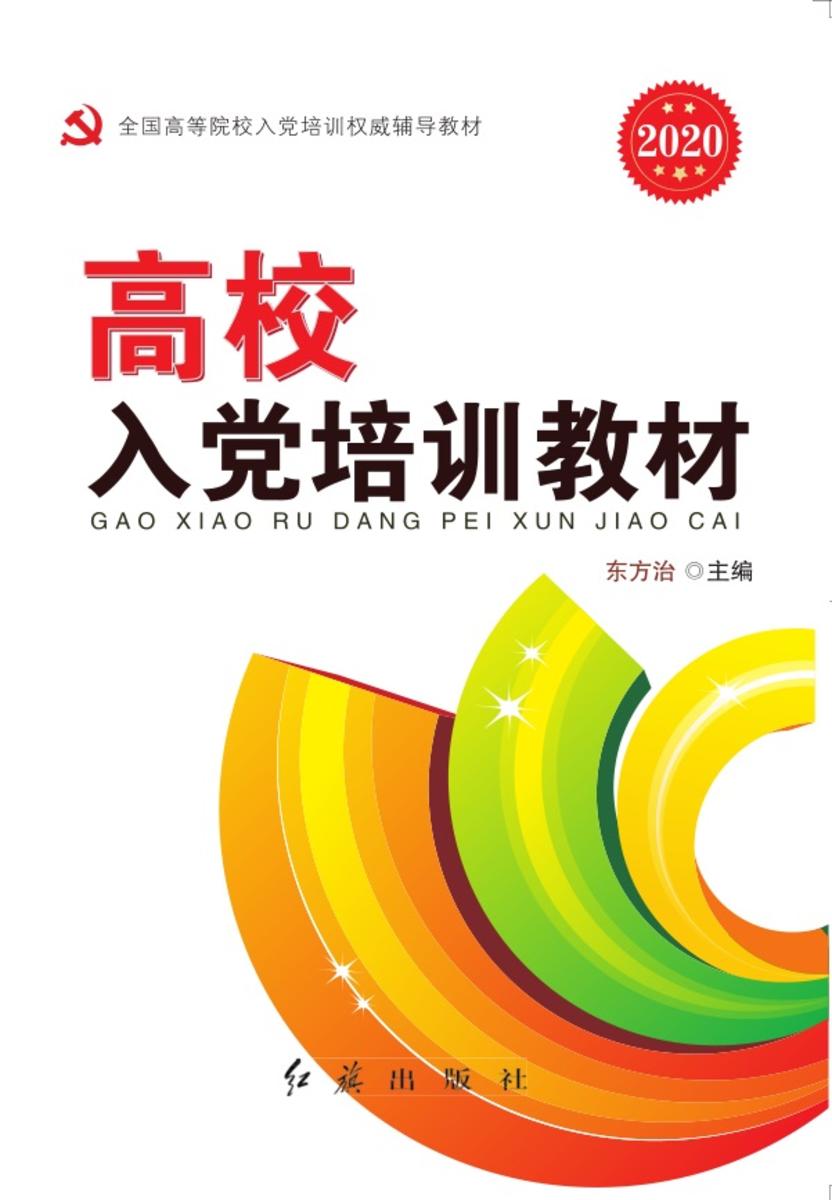
高校入党培训教材(2020年修订版)
¥2.99
内容简介 高校大学生作为国家重要的人才资源,做好高校党员发展工作具有重大意义。本书共八章,分别从党史、党情、发展党员规程、端正党动机等方面对高校大学生党前后的一系列工作行了展性的论述。作为一本创新与严谨兼具的党培训教材,本书在编写过程中参考借鉴并引用了一些权威媒体的资料、数据、图表,内容权威丰富,版式简约大方。可以说,本书不仅能够帮助广大学生党员更好地了解党史党情、一步端正党动机,而且可以助力高校党务工作者更加规范地完成党员发展和培训工作。
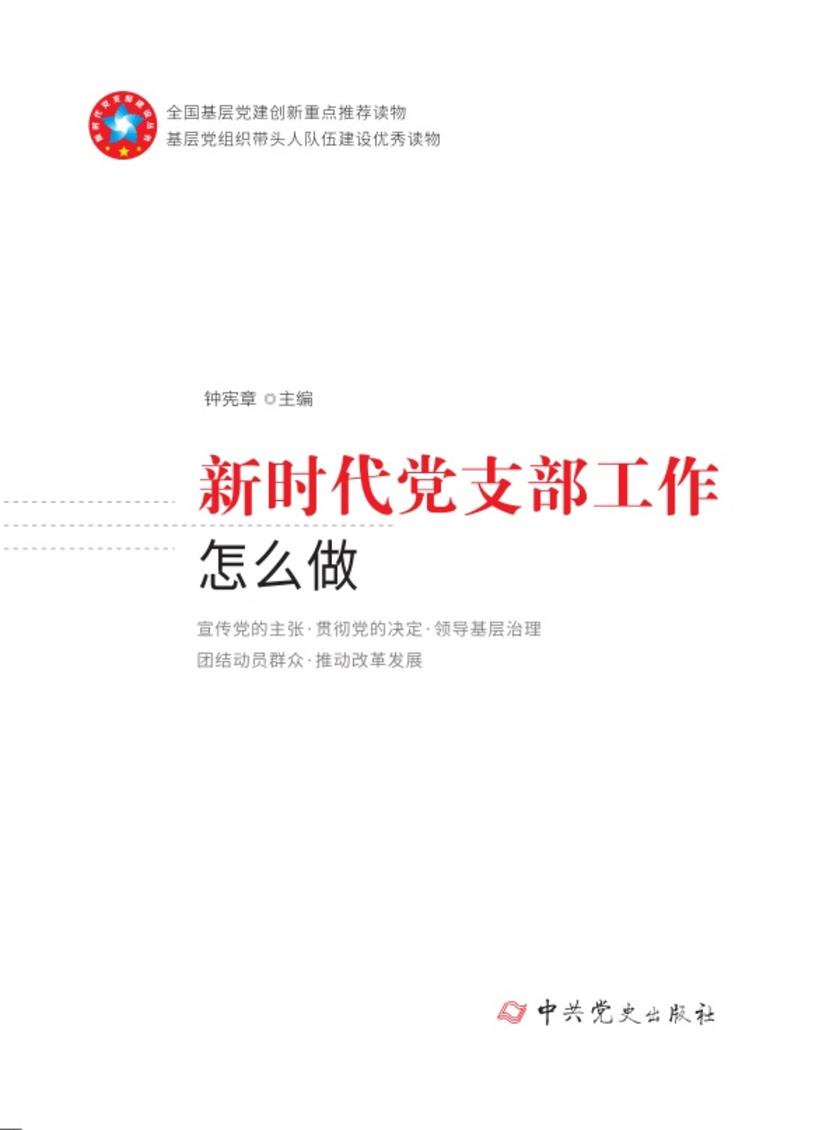
新时代党支部工作怎么做(2020年修订版)
¥2.99
重视和加强党支部建设,是马克思主义政党的鲜明特征。本书作为“新时代党支部建设丛书”系列成果之一,详细论述了新时代党支部工作的各项内容,包括:党支部的功能定位、职责和工作原则,党支部的组织设置和基本任务,党支部的工作机制,党支部的组织生活,党支部委员会建设,党支部主要工作程序,党支部的工作方式和活动方式,党支部的党员发展、教育、管理与服务工作,党支部的纪律检查工作,党支部的选举工作,党支部的思想政治工作、群众工作和统战工作,党支部常用文体等,突出讲述了党支部要担负好直教育党员、管理党员、监督党员和组织群众、宣传群众、凝聚群众、服务群众的职责。

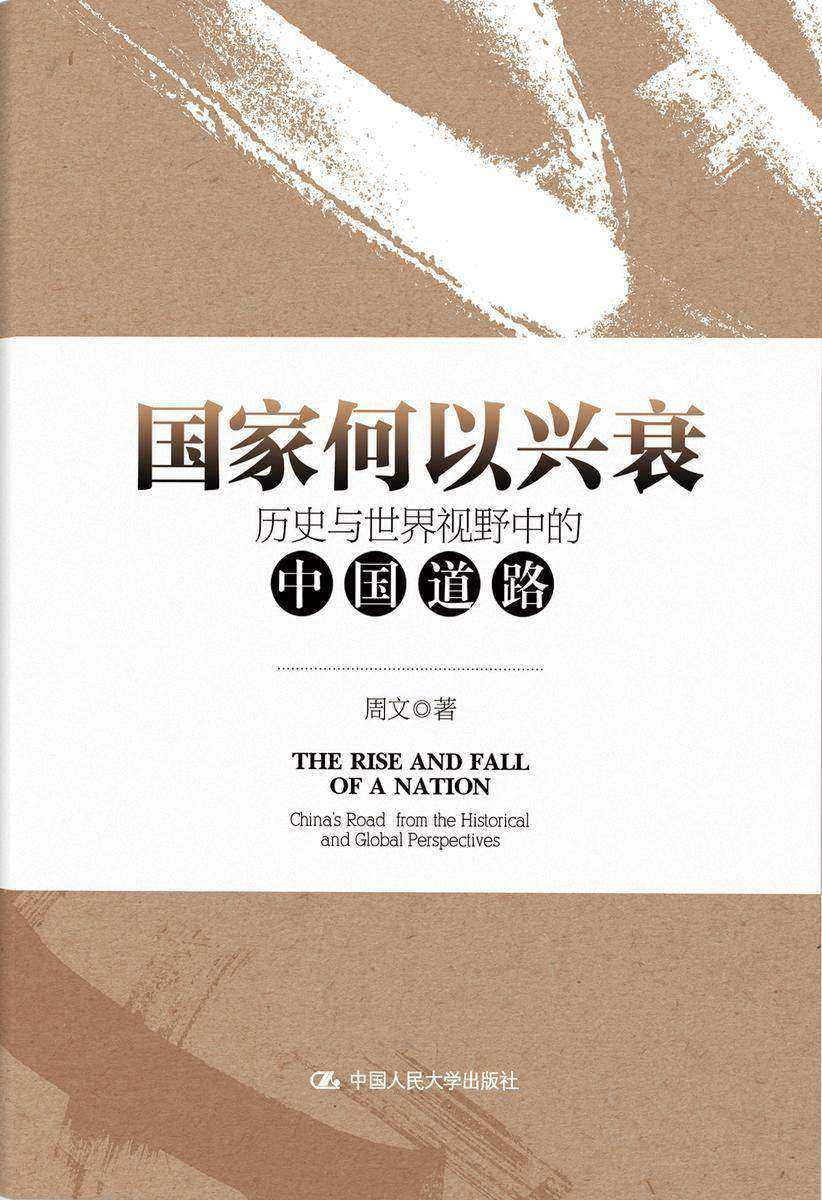
国家何以兴衰:历史与世界视野中的中国道路
¥41.40
究竟是什么原因使得中国和西方在15世纪以后的经济发展历程上,呈现出两条截然不同的道路? 与现有研究中国道路的大多数著作不同,本书将中国道路置身于历史大视野行审视并揭示其世界意义,具体分析了国家能力如何影响经济发展和中国崛起在经济学理论上的重要意义。通过古今中外的纵横对比和深阐释,书中重新审视和批驳了“西方中心论”和新自由主义经济学。 全书以新的视角揭示出,近代中国落后不是因为市场经济不发达,国家治理能力才是古代中国繁荣与近代中国衰落以及西方兴起与西方衰落的分水岭。今天中国复兴从现象层面看是经济上对西方的赶超,而在本质层面则是国家治理能力对西方的超越。该书以深的论证揭示,离了国家治理能力,单纯的市场经济不但不能带来国家发展,甚至往往成为发展无序和衰落的原因。

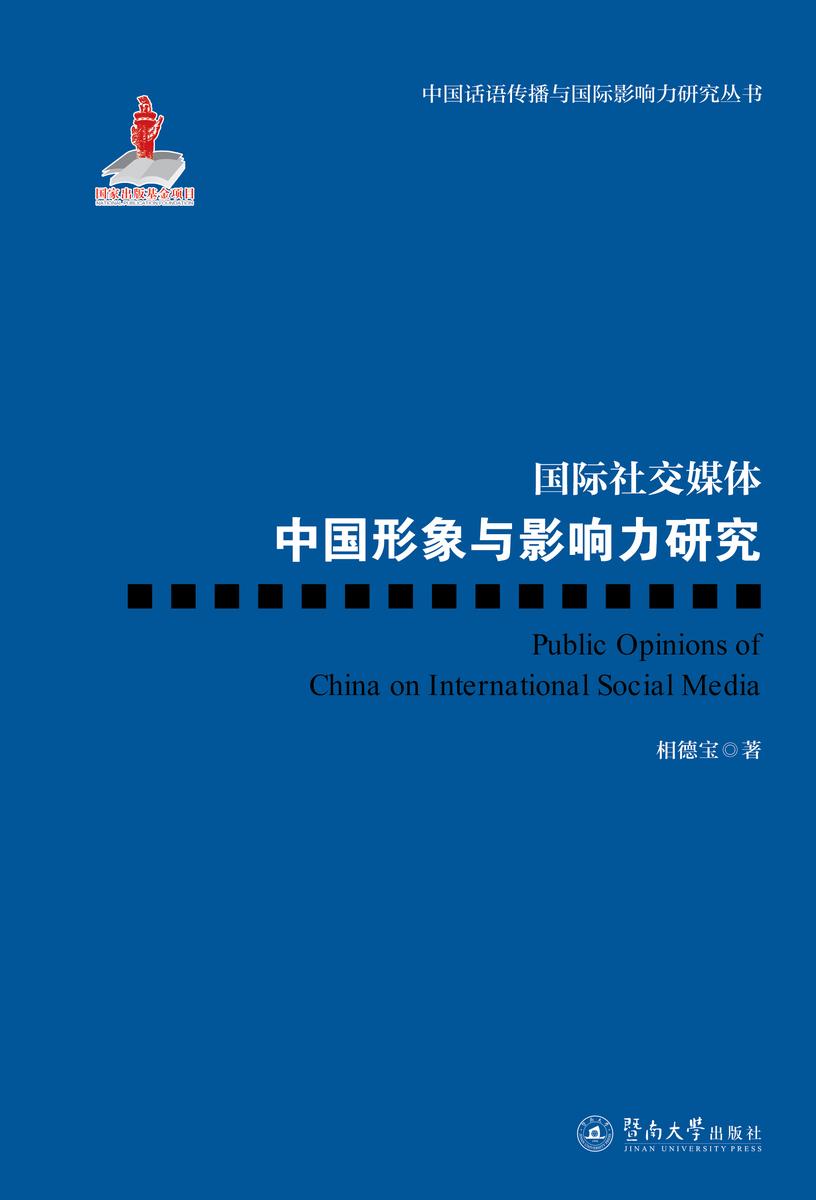
中国话语传播与国际影响力研究丛书·国际社交媒体中国形象与影响力研究
¥20.99
本书运用内容分析、数据挖掘、社会网络分析等研究方法,对国际社交媒体涉华舆情的传播机制以及中国对外传播战略行探索,分析如何提升对外传播的主导权,提出加强和提升我国对外传播的举措以及国际社交媒体舆情引导的策略。

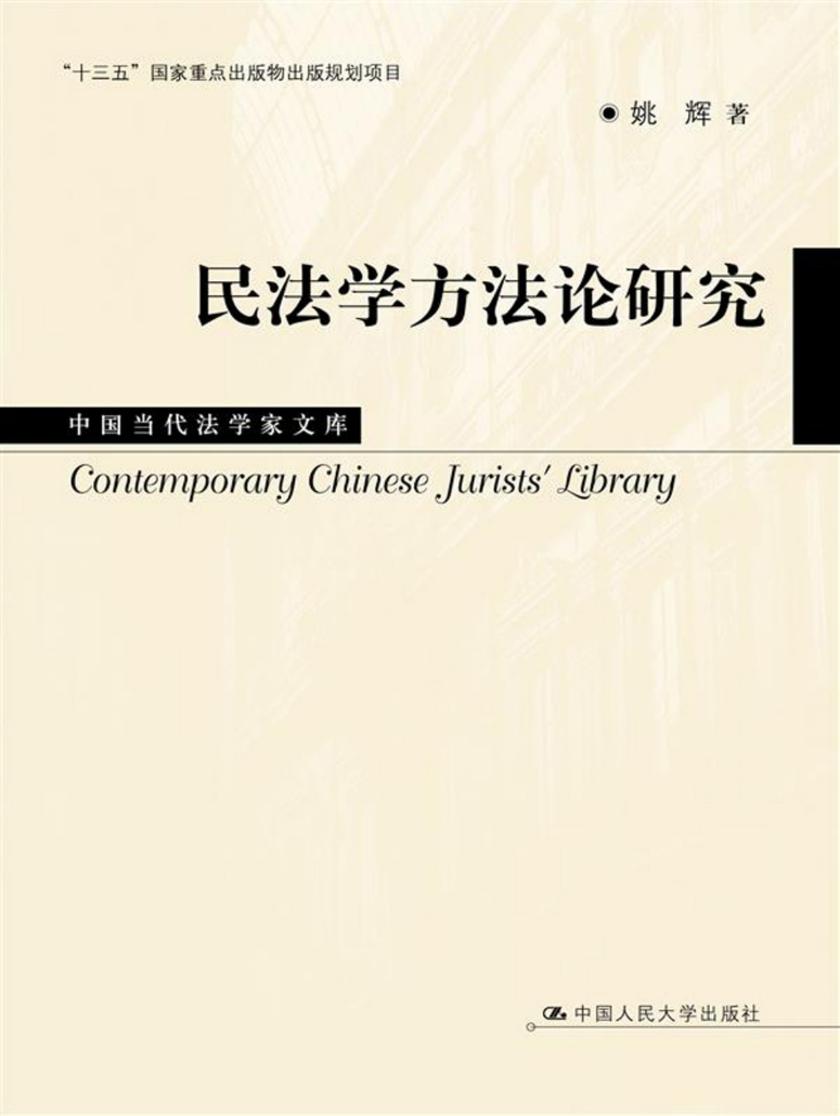
民法学方法论研究(中国当代法学家文库;“十三五”国家重点出版物出版规划项目)
¥100.80
系统总结如何在司法裁判中具体适用法律的方法及其规律的力作。作者在书中紧扣司法三段论的一般原理,阐述了如何正确寻找裁判依据、认定要件事实,并寻求法律规范与事实要件正确的连接。作者归纳了几种适用法律的具体方法.并对法官在适用法律的过程中如何解释法律,进行妥当的价值判断和利益衡量进行了深入探讨。同时作者对法官在裁判中的说理论证的方法和规则.以及规范法官的自由裁量权等也进行了较为深八的讨论.力求为法官依法公正裁判案件提供具有可操作性的方法。作者在书中还对法律人应当具备的法律思维提出了独到的见解,这不仅为法官公正司法提供了方法的指引而且为法律人掌握法律适用提供了方法和技巧的参考。


丘吉尔:第二次世界大战回忆录. 第一卷,铁血风暴(上下册)
¥28.99
《丘吉尔:第二次世界大战回忆录》记录了20世纪初期,从一战后一直到二战结束这近30年的重大国际事件和历史进程,内容包括各国、各民族的政治、军事、外交、经济、文化和意识形态等诸多方面。 全书共六卷,基于盟军三巨头之一、英国首相丘吉尔的亲身经历,援引大量未曾公开的英国政府权威资料,详尽梳理了第二次世界大战的起因、贯穿其中的错综复杂的矛盾以及跌宕起伏的战争过程。

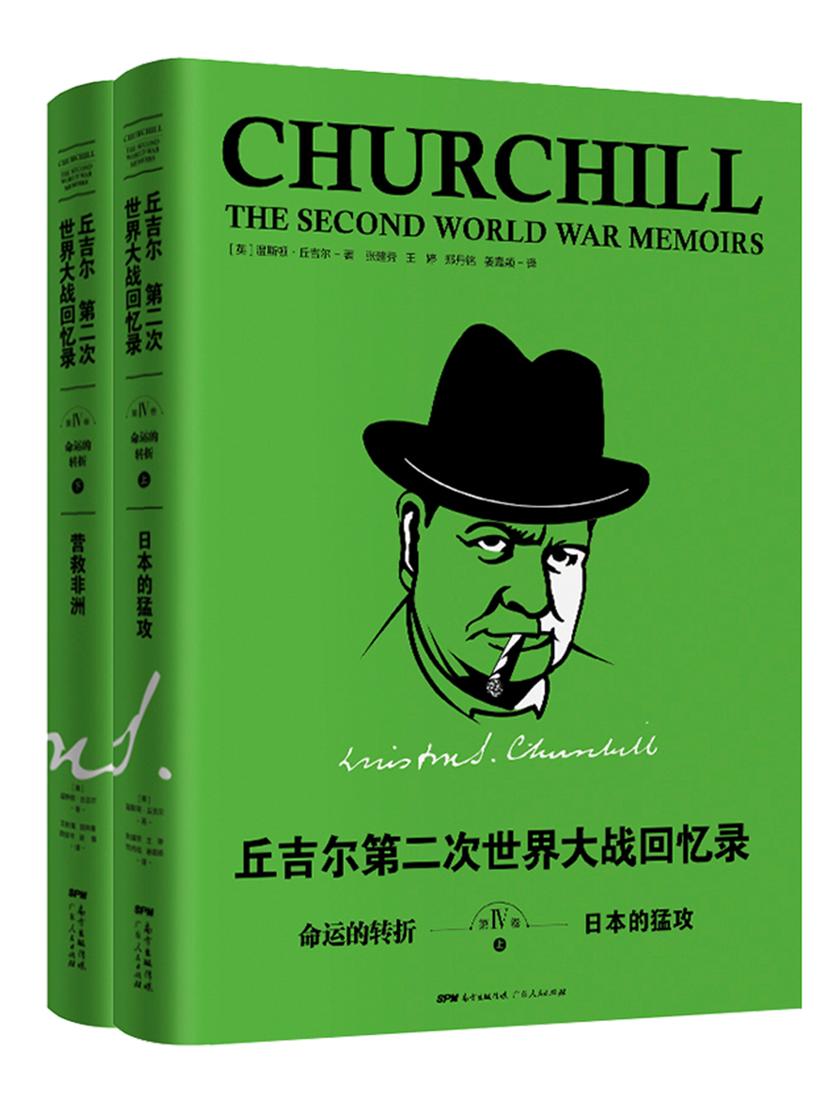
丘吉尔:第二次世界大战回忆录. 第四卷,命运的转折(上下册)
¥36.99
《丘吉尔:第二次世界大战回忆录》记录了20世纪初期,从一战后一直到二战结束这近30年的重大国际事件和历史进程,内容包括各国、各民族的政治、军事、外交、经济、文化和意识形态等诸多方面。 全书共六卷,基于盟军三巨头之一、英国首相丘吉尔的亲身经历,援引大量未曾公开的英国政府权威资料,详尽梳理了第二次世界大战的起因、贯穿其中的错综复杂的矛盾以及跌宕起伏的战争过程。

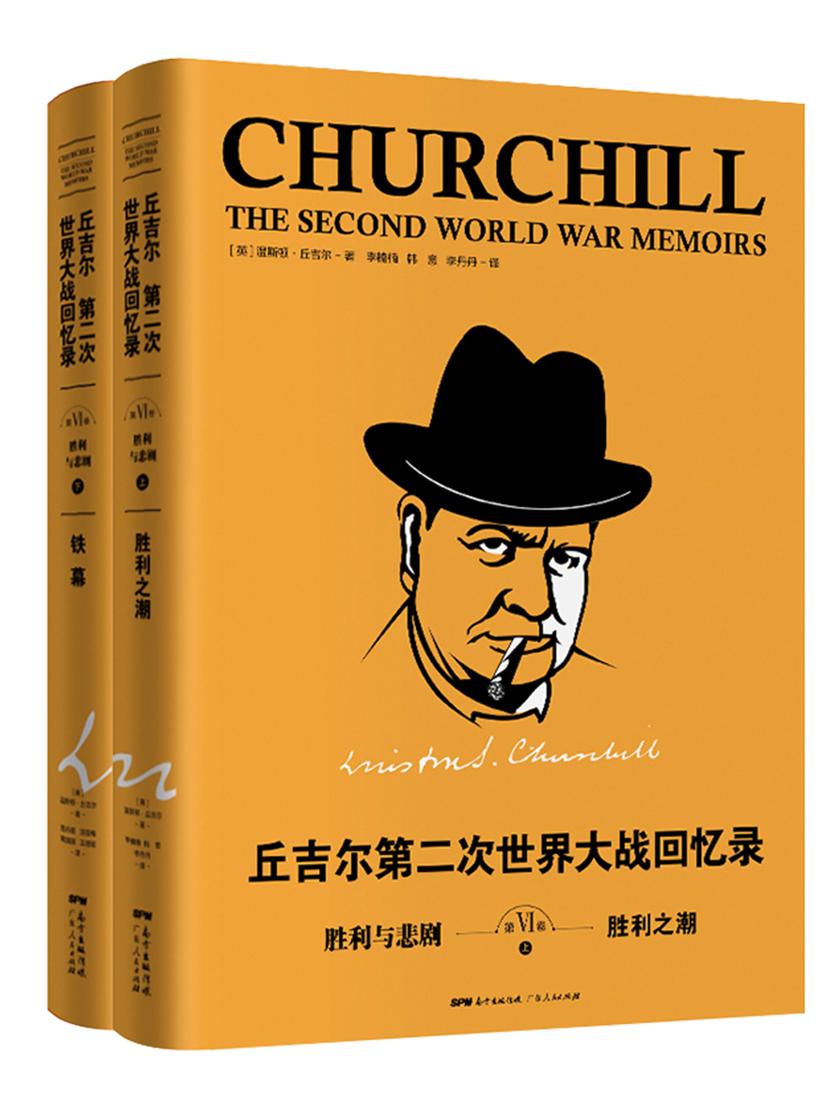
丘吉尔:第二次世界大战回忆录. 第六卷,胜利与悲剧(上下册)
¥28.99
《丘吉尔:第二次世界大战回忆录》记录了20世纪初期,从一战后一直到二战结束这近30年的重大国际事件和历史进程,内容包括各国、各民族的政治、军事、外交、经济、文化和意识形态等诸多方面。 全书共六卷,基于盟军三巨头之一、英国首相丘吉尔的亲身经历,援引大量未曾公开的英国政府权威资料,详尽梳理了第二次世界大战的起因、贯穿其中的错综复杂的矛盾以及跌宕起伏的战争过程。

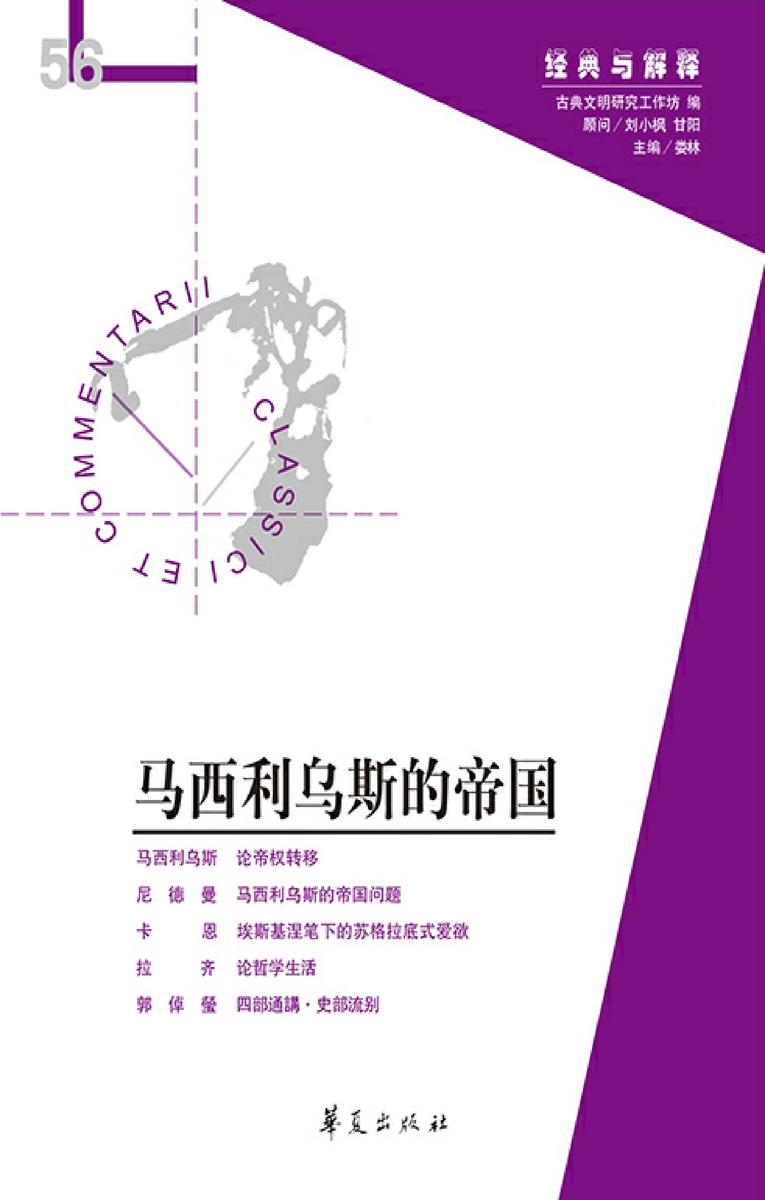
马西利乌斯的帝国
¥18.00
本书为“经典与解释”辑刊56期,论题为“马西利乌斯的帝国”。 帕多瓦的马西利乌斯是中世纪意大利学者,他的名字与他的主要著作《和平的保卫者》(完成于1324年)紧密相联,他的其他几部政治著作很少有学者注意到。这些著作中*为重要的是《和平的保卫者(小卷)》(Defensor minor),写作于《和平的保卫者》(Defensor pacis)完成后约十五年。此外还有《论帝权的转移》。要准确理解马西利乌斯的思想,离不全面考察其著作及其著述的具体语境。 本期论题围绕马西利乌斯的政治思想编排文章,其中*篇为马西利乌斯的《论帝权的转移》,译者参考多种资料,从拉丁文译出。其他几篇分别从权力、帝国问题、大众主权、自由主义对马西利乌斯的借用、马西利乌斯对亚里士多德的继承与偏离的角度深探讨马西利乌斯的政治思想。 除“论题”栏目外,本期其余各栏目文章也精彩纷呈。比如:“古典作品研究”栏目有关阿拉伯思想家拉齐的两篇,其中《论哲学生活》为拉齐作品翻译,《拉齐政治哲学的源头》为美国学者巴特沃斯解读拉齐思想的作品,都是非常重要的哲学文献;“旧文新刊”栏目收郭倬瑩的《四部通讲•史部流别》,对史书体例流传与变迁做了全面勾勒。

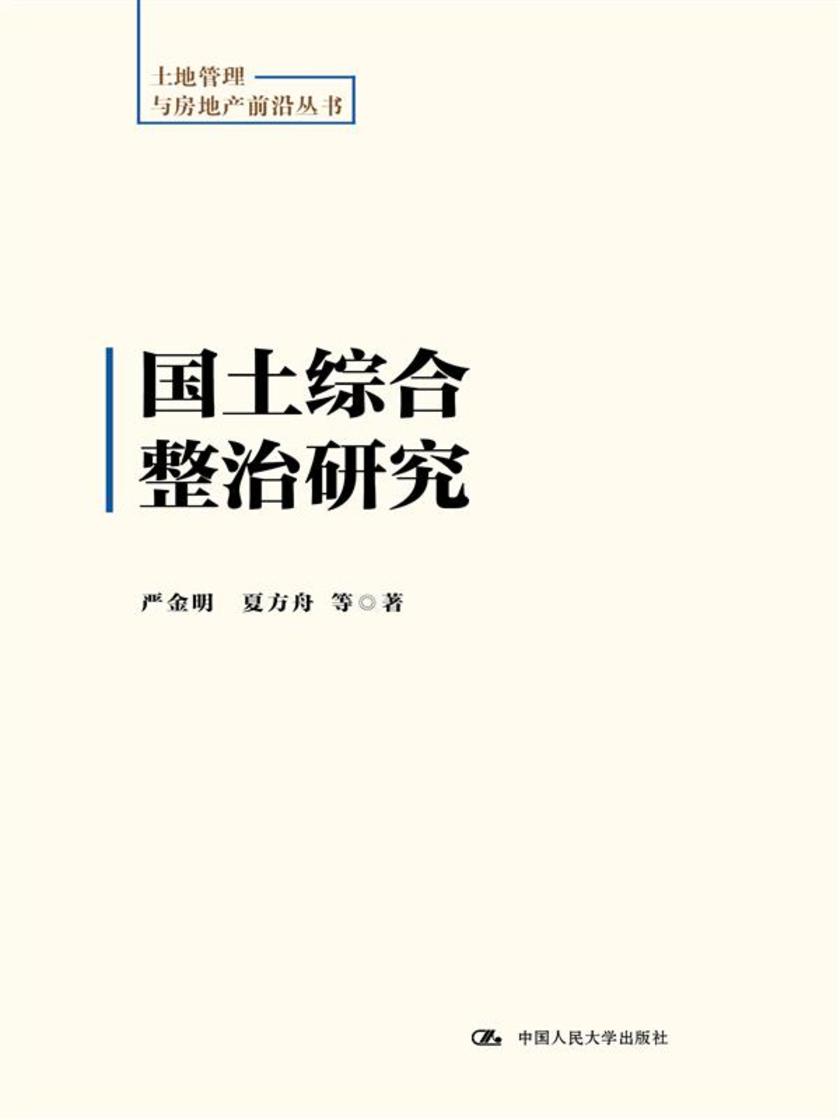
国土综合整治研究(土地管理与房地产前沿丛书)
¥41.87
作为国家层面的战略部署,国土综合整治已成为当前中国生态文明建设与城乡融合发展的重要抓手。严金明教授领衔撰著的《国土综合整治研究》一书,立足于国家战略发展的宏观背景,从内涵模式和区域统筹两个方面对国土综合整治展系统研究,提出了新时期国土综合整治的核心内涵及全面推国土综合整治的十条政策建议。在国土综合整治的内涵模式方面,本书在明晰背景意义、界定基础概念的基础上,借鉴国外国土综合整治经验,分析了国内各个时期国土综合整治研究的阶段演与发展变化,提出了新时期国土综合整治的内涵理念、目标任务和类型模式。在国土综合整治的区域统筹方面,本书构建了“ 线 面”三个层次的国土综合整治统筹框架。此外,本书密切结合实际,对我国国土综合整治实施过程中的诸多重和热问题行了深探究,系统阐释了国土综合整治的制度基础、保障措施和实施机制。 本书认为,国土综合整治的本质是“对人与国土关系的再调适”。未来国土综合整治应当在土地综合整治的基础上,以落实空间规划“多规合一”、统筹城乡发展、推新型城镇化、建设生态文明等为导向,把所有国土资源纳治理范围。

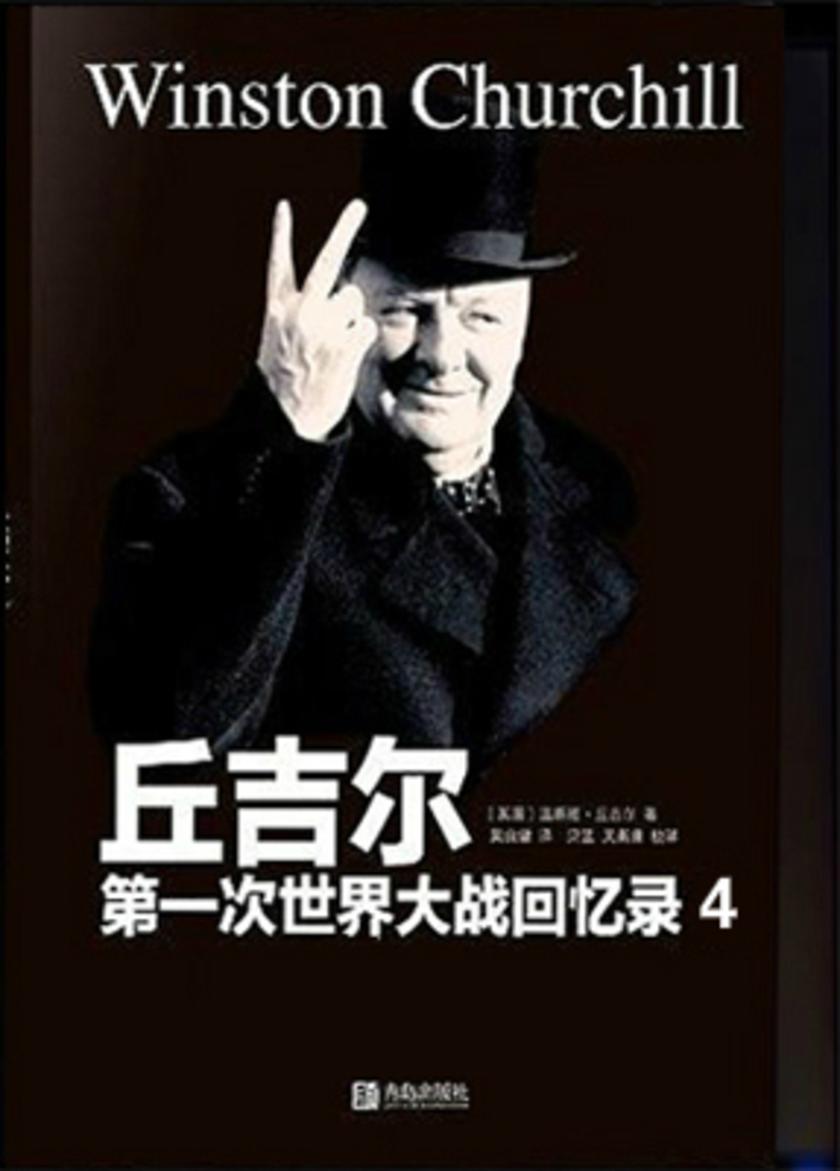
第一次世界大战回忆录4:世界危机·东线战争
¥22.90
本书专写一战东线战事。起始时谈及一战前两大集团间矛眉的历史渊源;然后详述奥国皇太子遇刺与此事件成为战争的导火索的经过;详述奥国向塞尔维亚宣战,以及随后两大集团间相互宣战和东线行战争的过程。 俄国军东普鲁士,减轻了西线德军对法、英的压力,俄军初始告捷;但德军易帅,由兴登堡、鲁登道夫任东线指挥后,形势发生变化;此外,俄军由于电讯泄密,因而惨遭德军围歼,以后节节败退。 后俄国爆发十月革命,退出一战。

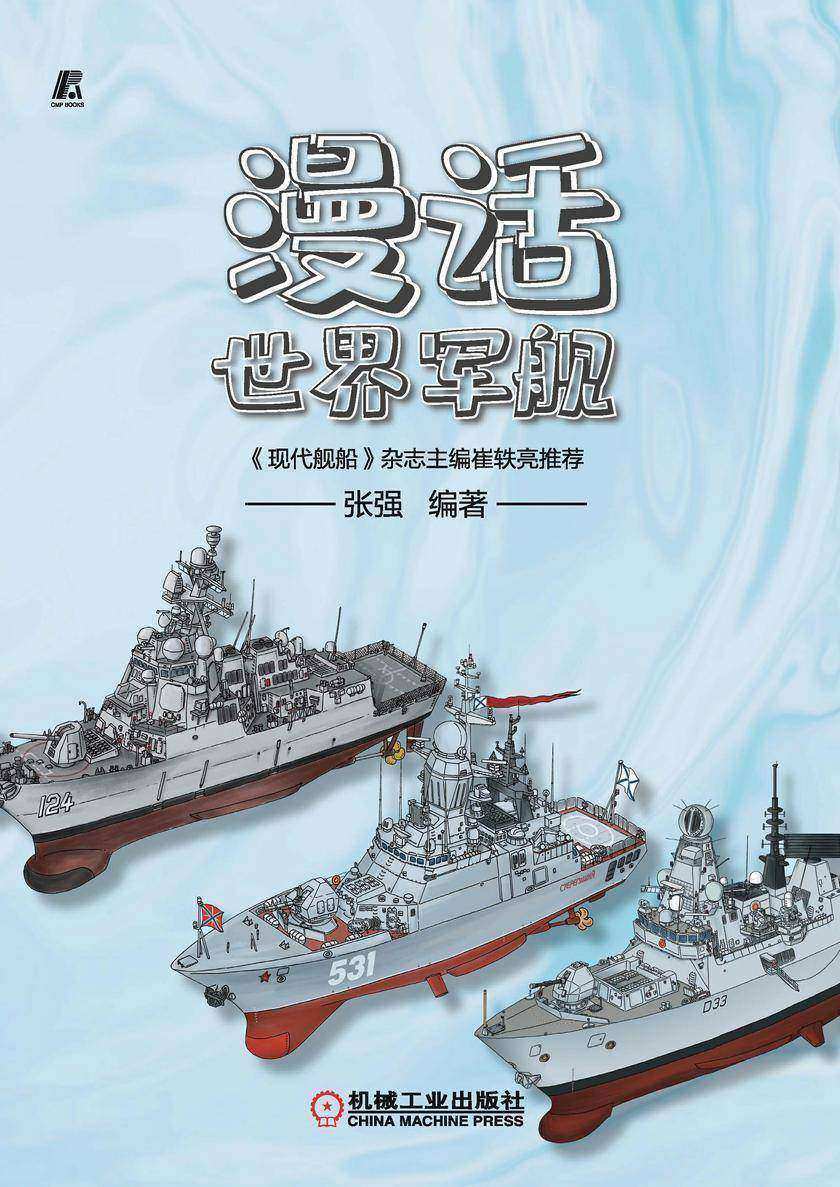
漫话世界军舰
¥59.90
《漫话世界军舰》主要以卡通漫画的形式,配合一些彩色线图,选取目前世界主要现役主力战舰,用轻松愉快的表现手法对初级军事爱好者行军舰知识的科学普及。《漫话世界军舰》分三章,分别讲述了驱逐舰和护卫舰、航空母舰和两栖舰、常规潜艇和核潜艇等目前世界主要作战舰艇的研制、装备、建造和相关背景知识,让读者在闲暇时间得到一份学习海军战舰知识的快乐。《漫话世界军舰》不但适合初级军事爱好者阅读,对漫画从业者拓创作思路也会提供一定的帮助。

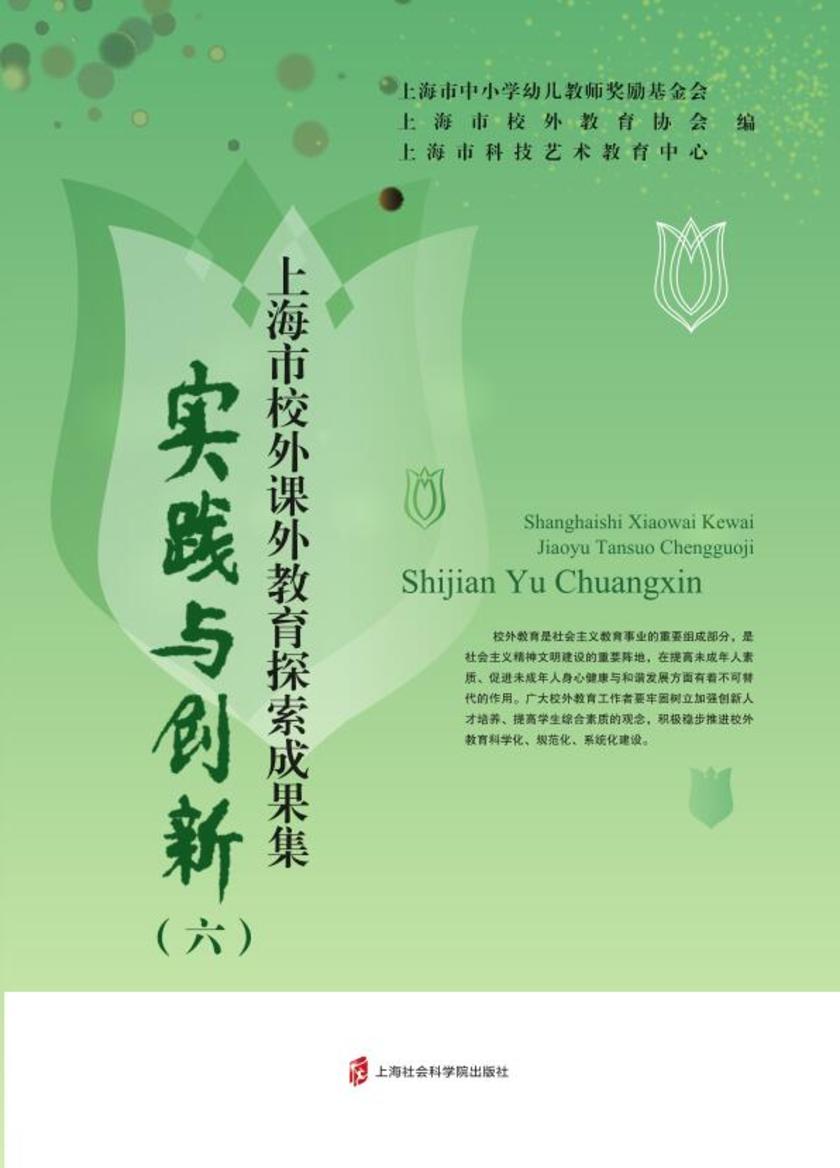
实践与创新(六)--上海市校外课外教育探索成果集
¥25.00
本书系一本有关学校校外教育研究的论文集,由上海市中小学幼儿教师奖励基金会编选。全书共收录中学、小学、幼儿园、青少年活动中心、青少年活动营地、少年宫等机构的教师论文约50篇,各篇文章论文的作者均能根据各自的教育教学特,阐述自己在展校外教育中的理论思考、实践、探索、教学经验与课程发。

中国特色社会主义“四个自信”研究丛书·制度自信
¥21.67
该丛书紧扣十九大报告精神,深阐释中国特色社会主义“四个自信”,对于帮助广大干部群众深刻理解和坚定“四个自信”、决胜全面建成小康社会、推动社会主义现代化建设提供了理论支撑。该丛书注重政治性、学术性与可读性的统一,体现了一定前瞻性、创新性与实践性。


蓝天骄子
¥13.00
在抗美援朝战争中,中国人民解放军空军成立不久,经过短期积极审慎准备,组成志愿军空军,于1950年12月参加抗美援朝作战,至1953年7月朝鲜停战,完成抗美援朝作战任务。 《共和国的历程·鹰长空:志愿军空军在战斗中成长》主要讲述志愿军空军在战斗中成长的故事和发展过程。 《共和国的历程·鹰长空:志愿军空军在战斗中成长》虽为故事形式,但与戏说无关,借助通俗、富于感染力的文字记录这段历史,选取具有代表性的或深具普遍意义的若干事件加以叙述,使其能反映中国人民志愿军空军战斗的全景和脉络,并眼于历史事件的缘起、过程、结局、时间、地、人物等,抓住滴和些许小事,力求通透。

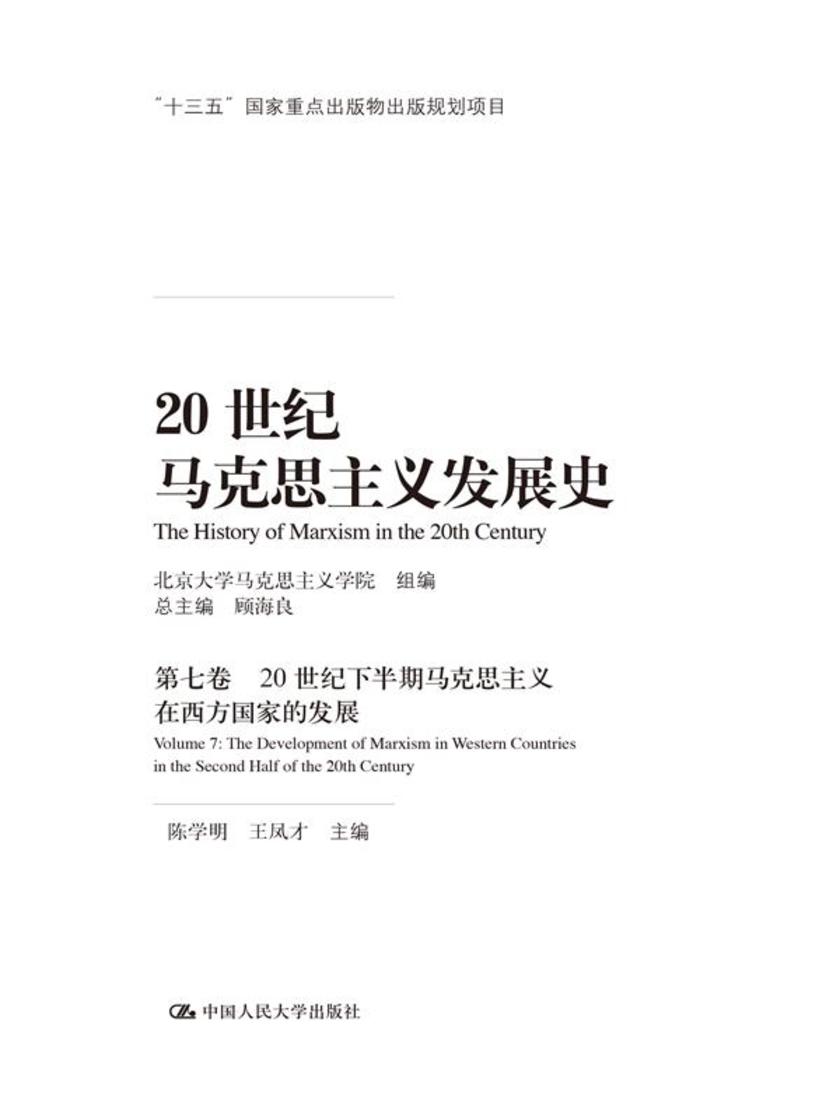
20世纪马克思主义发展史(第七卷):20世纪下半期马克思主义在西方国家的发展
¥112.80
第二次世界大战以后,伴随着第三次科技革命带来的生产力迅猛发展,世界范围内发生巨大变革。本卷结合20世纪下半期西方资本主义世界的发展及其历史背景,系统考察20世纪下半期马克思主义在西方国家的发展,内容涉及西方社会党理论家、西方共产党理论家、第四国际理论家、西方马克思学对马克思主义的新探索、新阐释,法兰克福学派批判理论新发展,欧陆国家和英美国家马克思主义流派对马克思主义的新阐释,生态学马克思主义、西方国家的马克思主义经济学新发展,以及苏东剧变后西方国家的马克思主义发展趋向等。

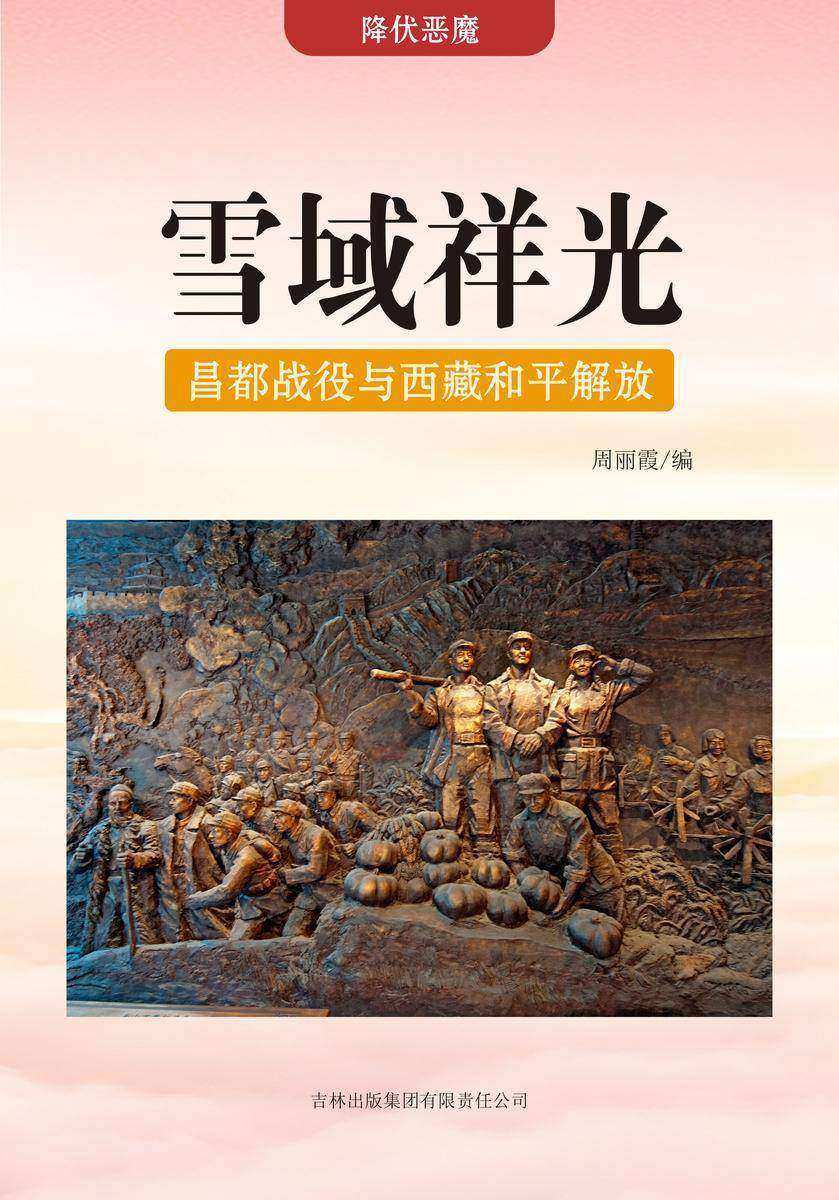
雪域祥光 —— 昌都战役与西藏和平解放
¥15.00
自1949年10月1日中华人民共和国成立至今,新中国已走过了60年的风雨历程。历史是一面镜子,我们可以从多视角、多侧面对其行解读。然而有一是可以肯定的,那就是,半个多世纪以来,在中国共产党的领导下,中国的政治、经济、军事、外交、文化、教育、科技、社会、民生等领域,都发生了深刻的变化,中国人民站起来了,中华民族已屹立于世界民族之林。




 购物车
购物车 个人中心
个人中心



